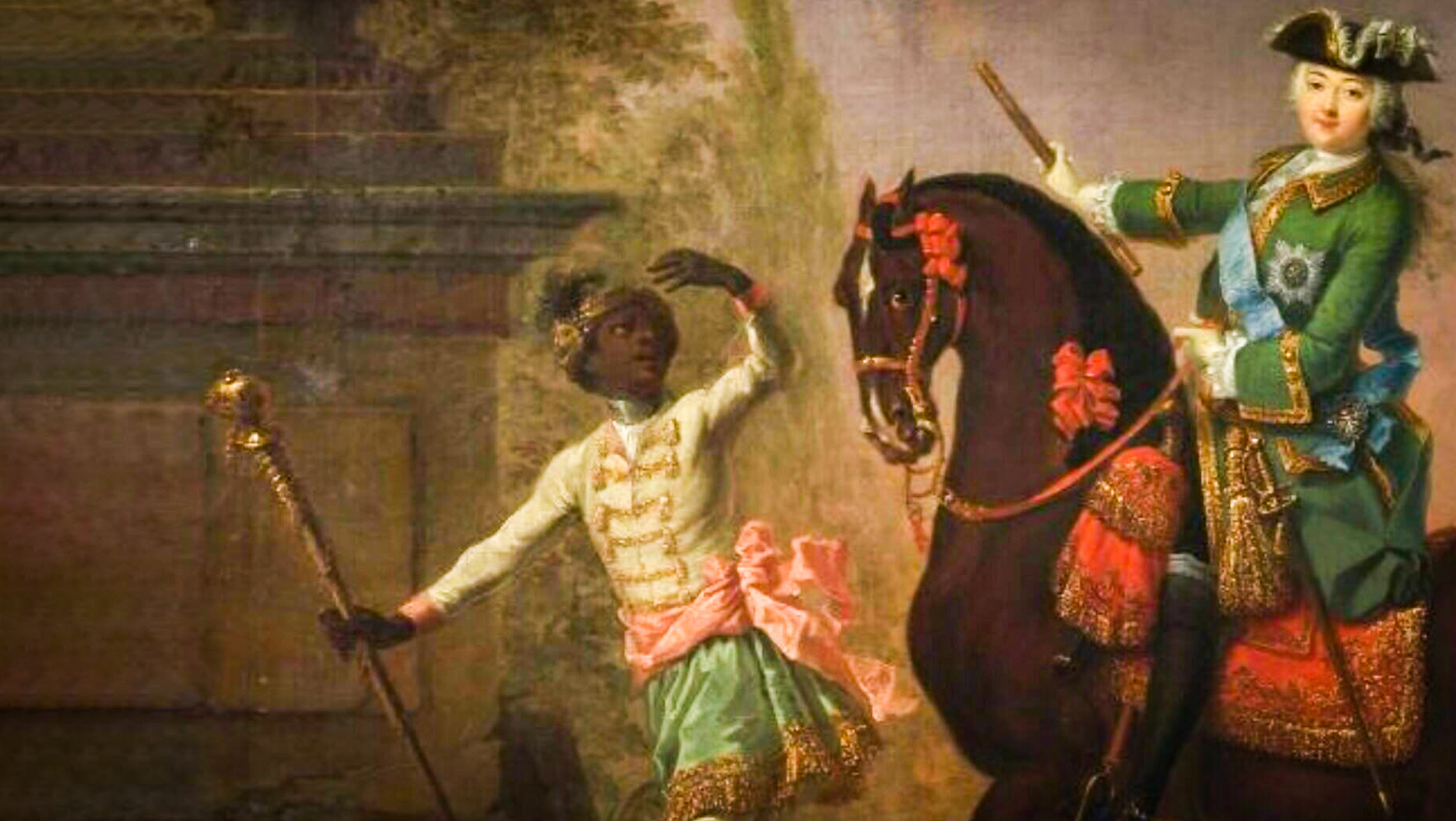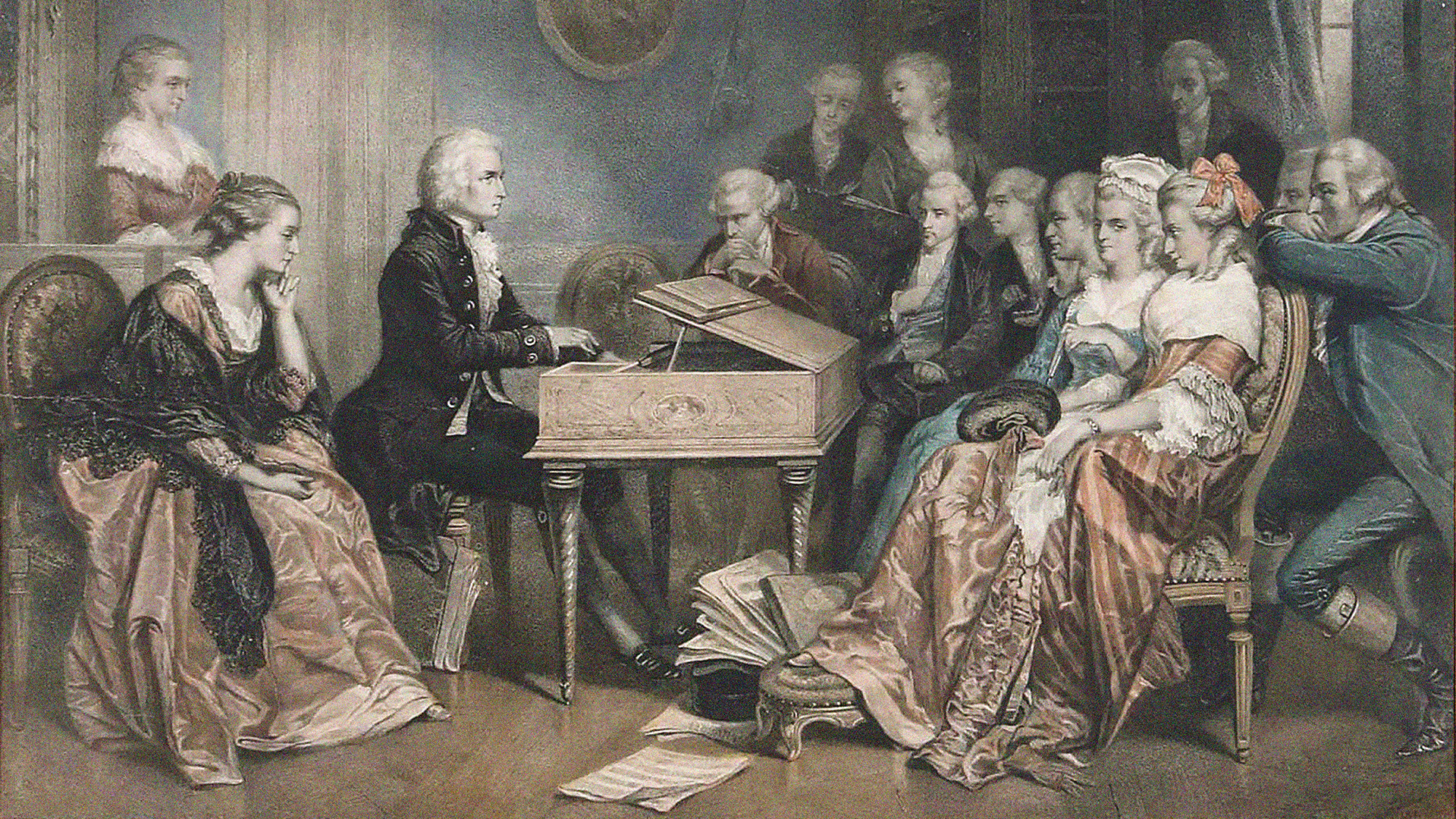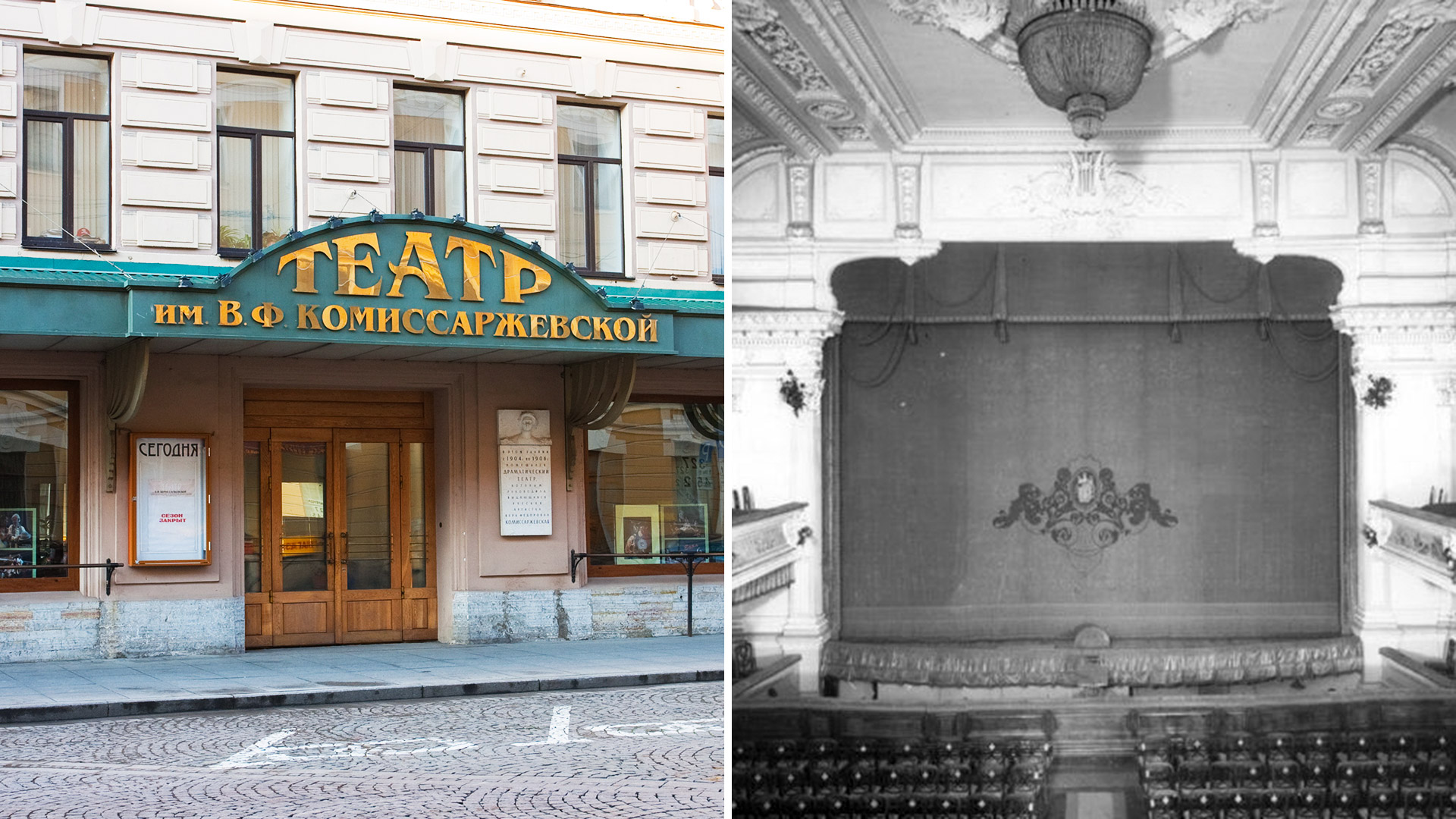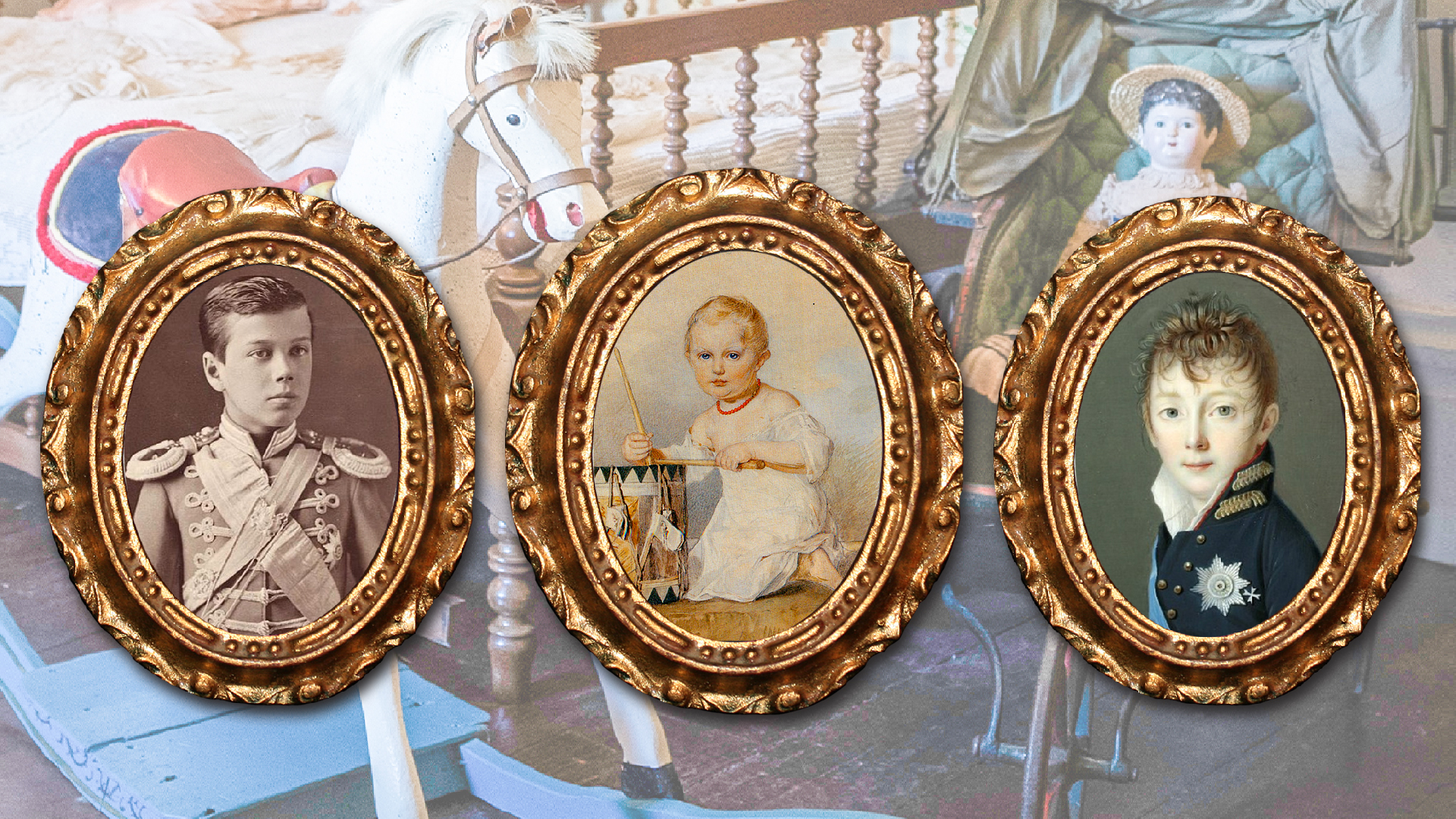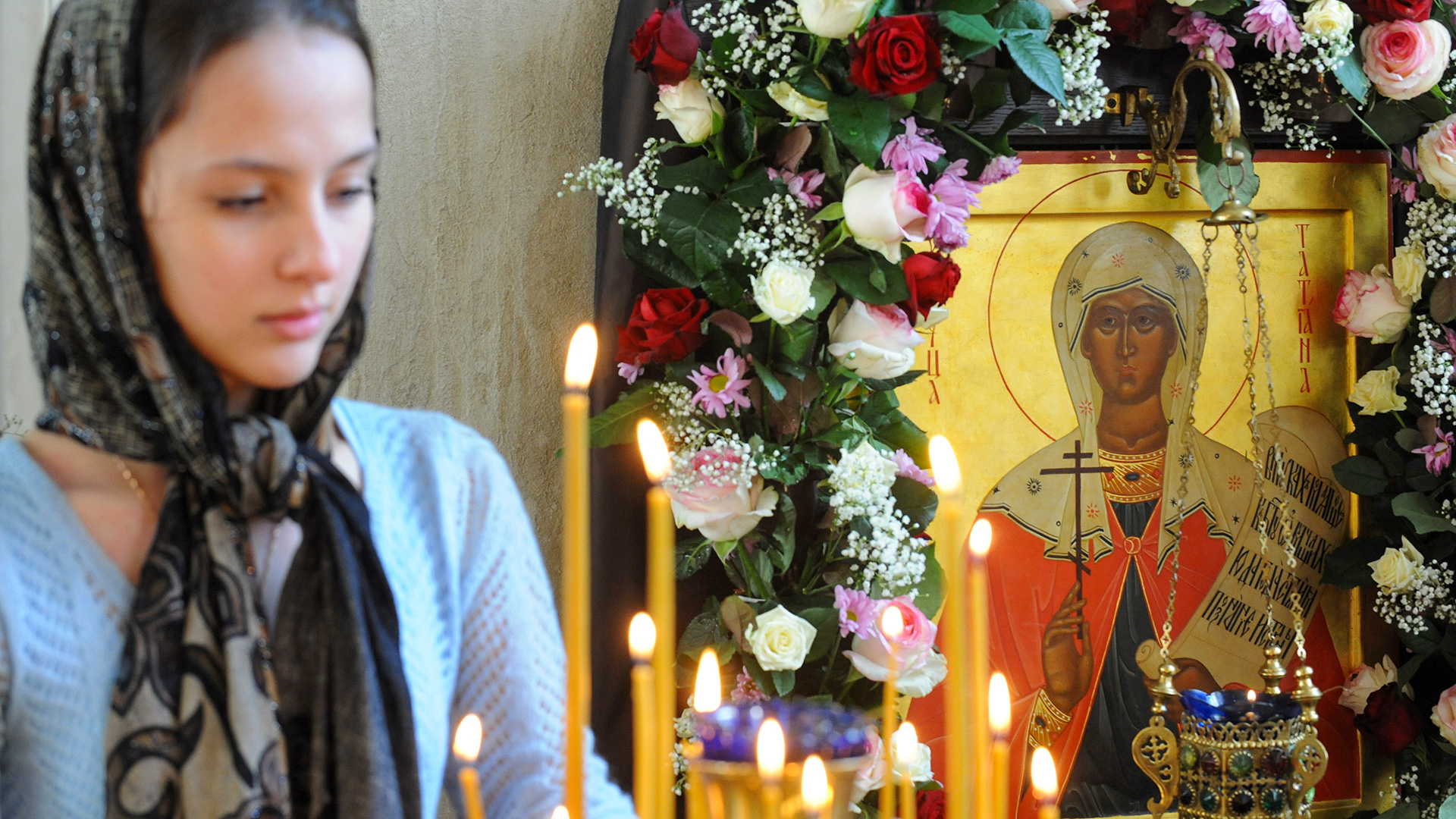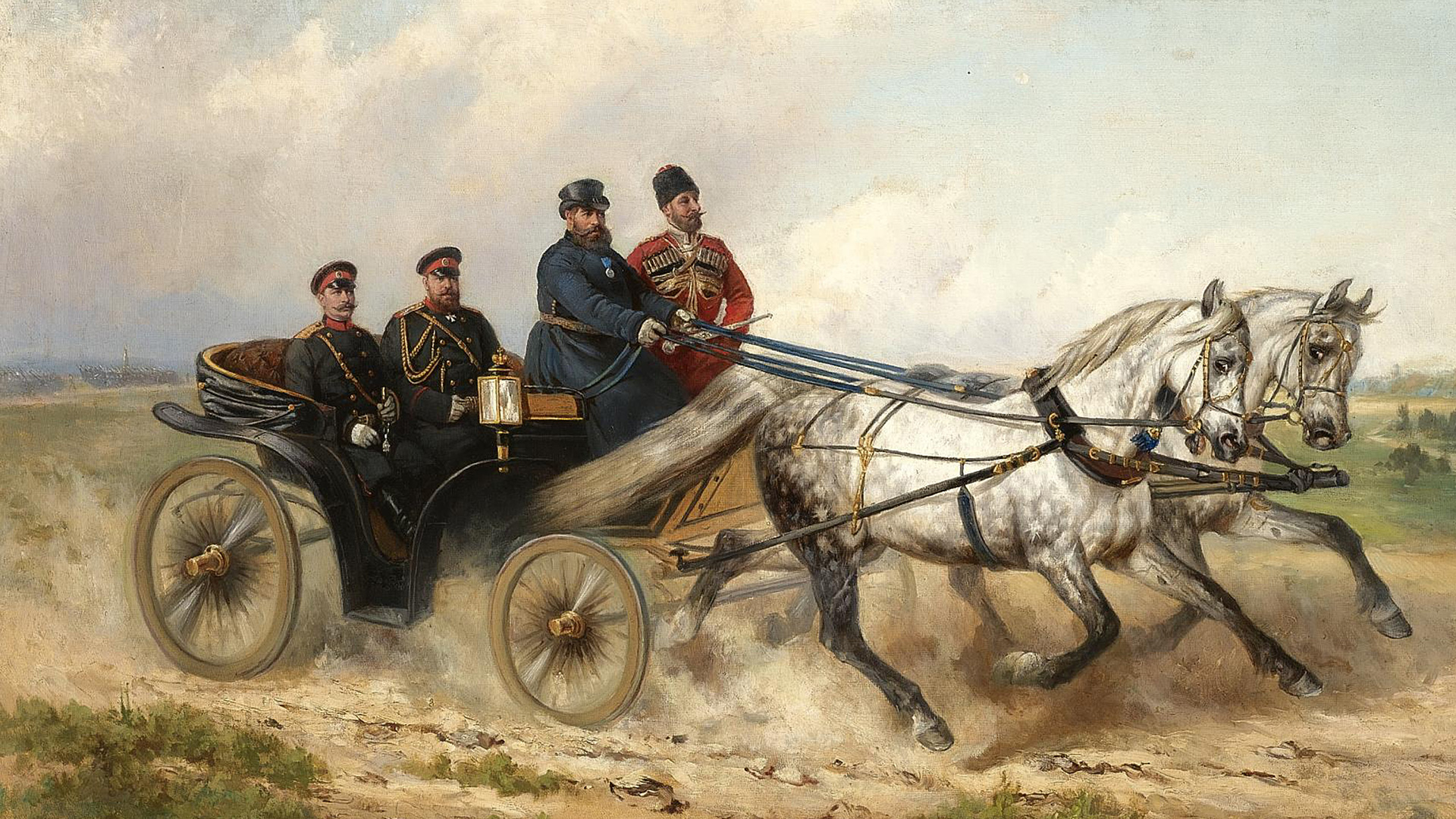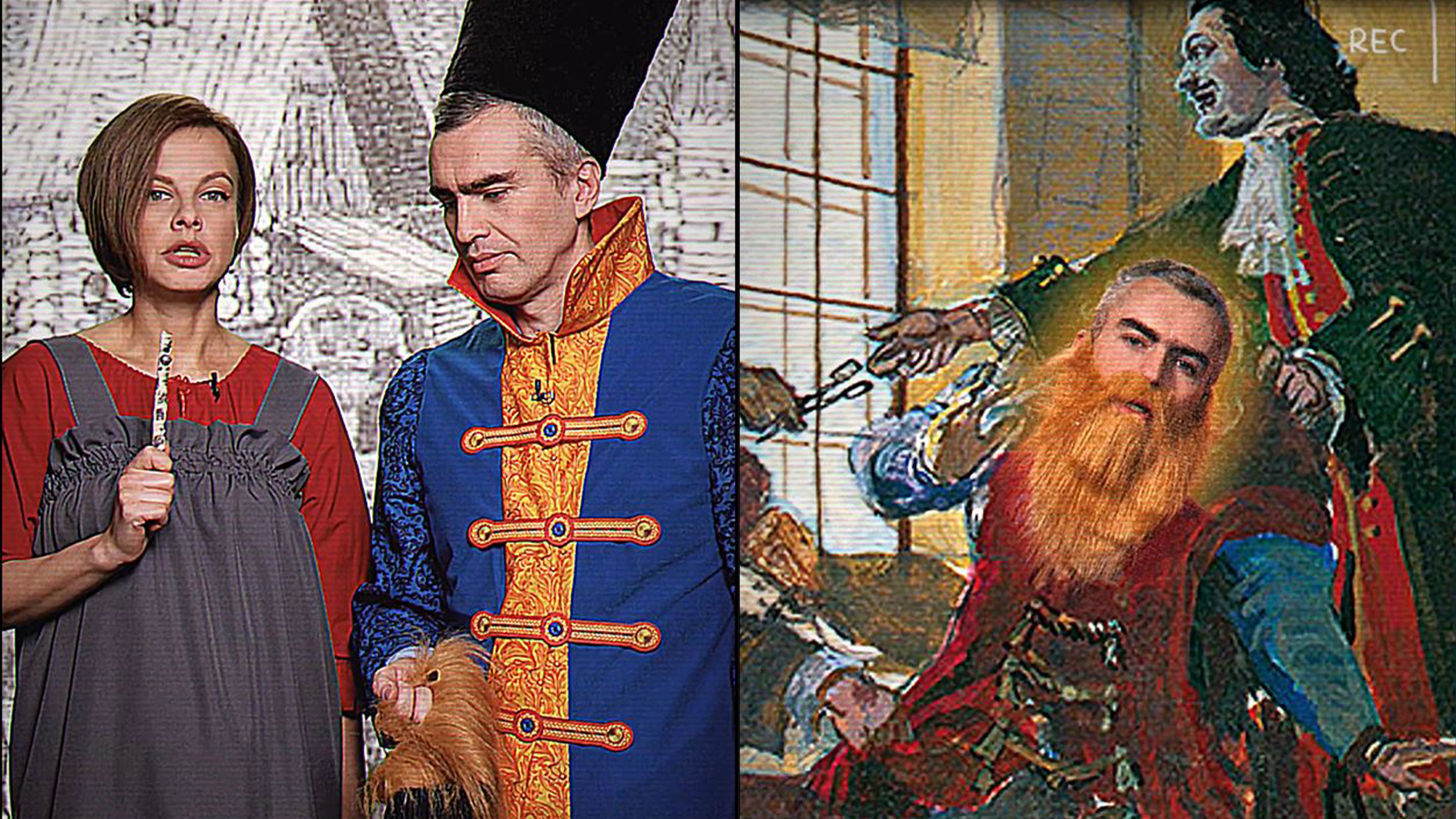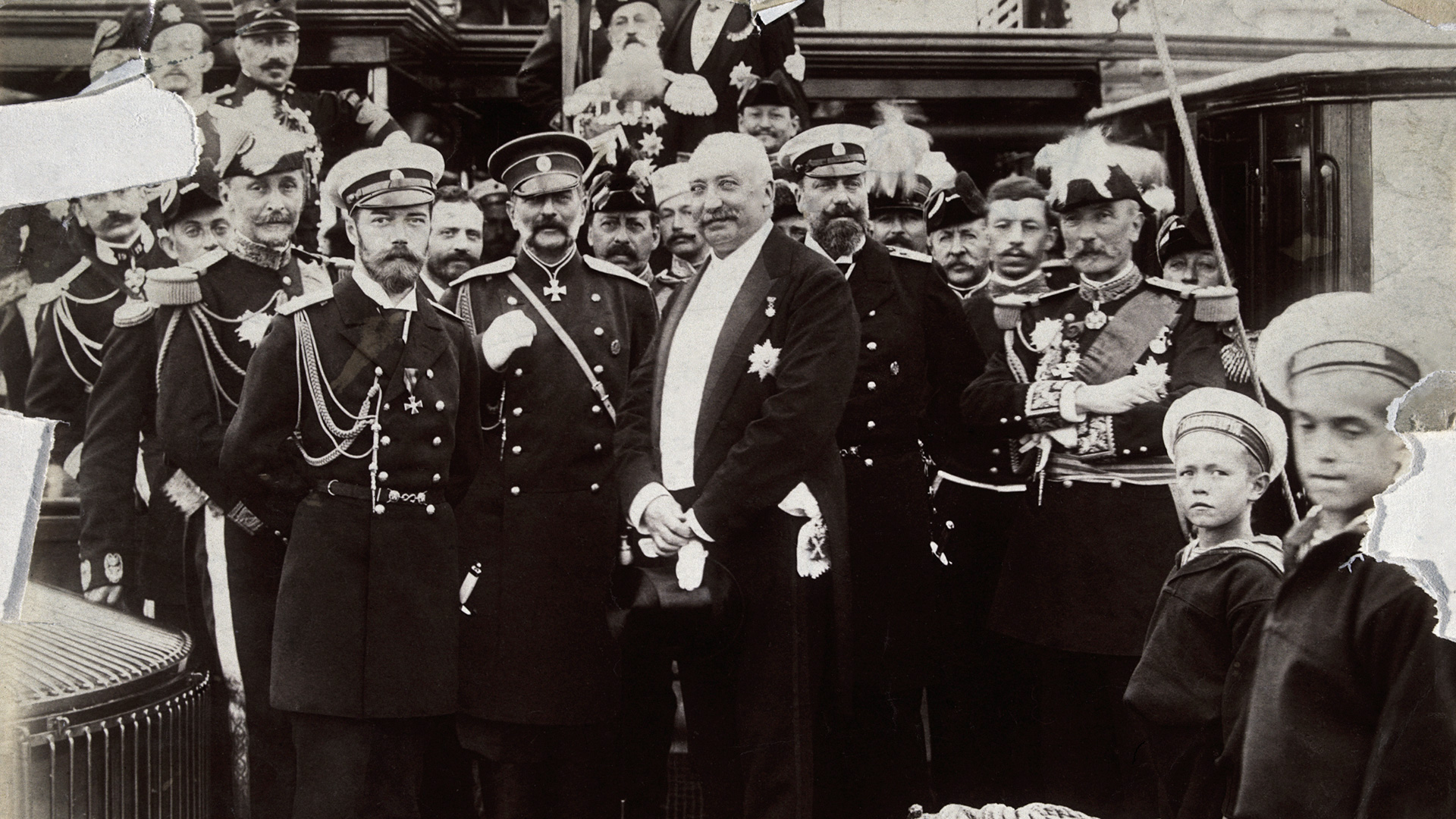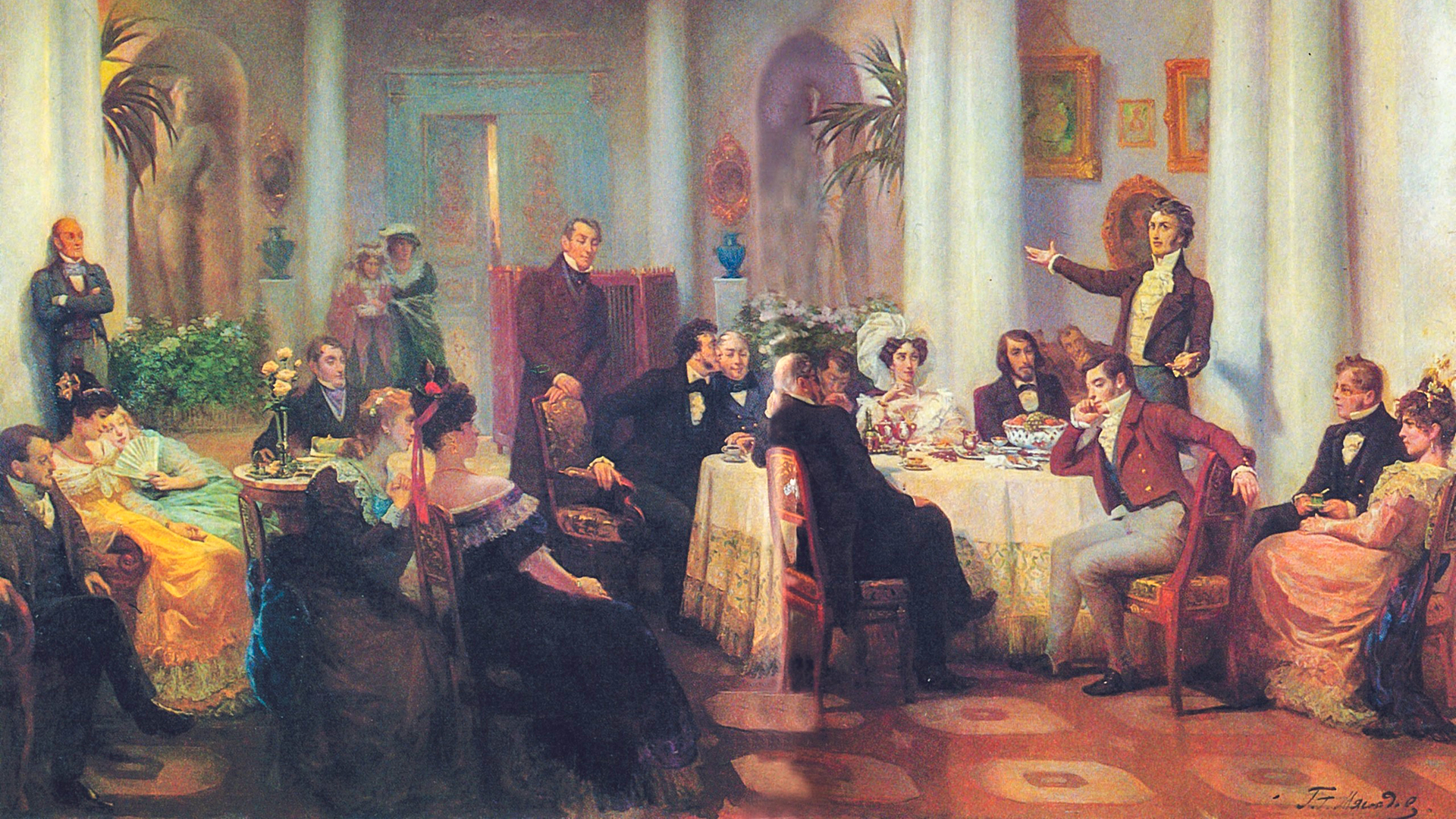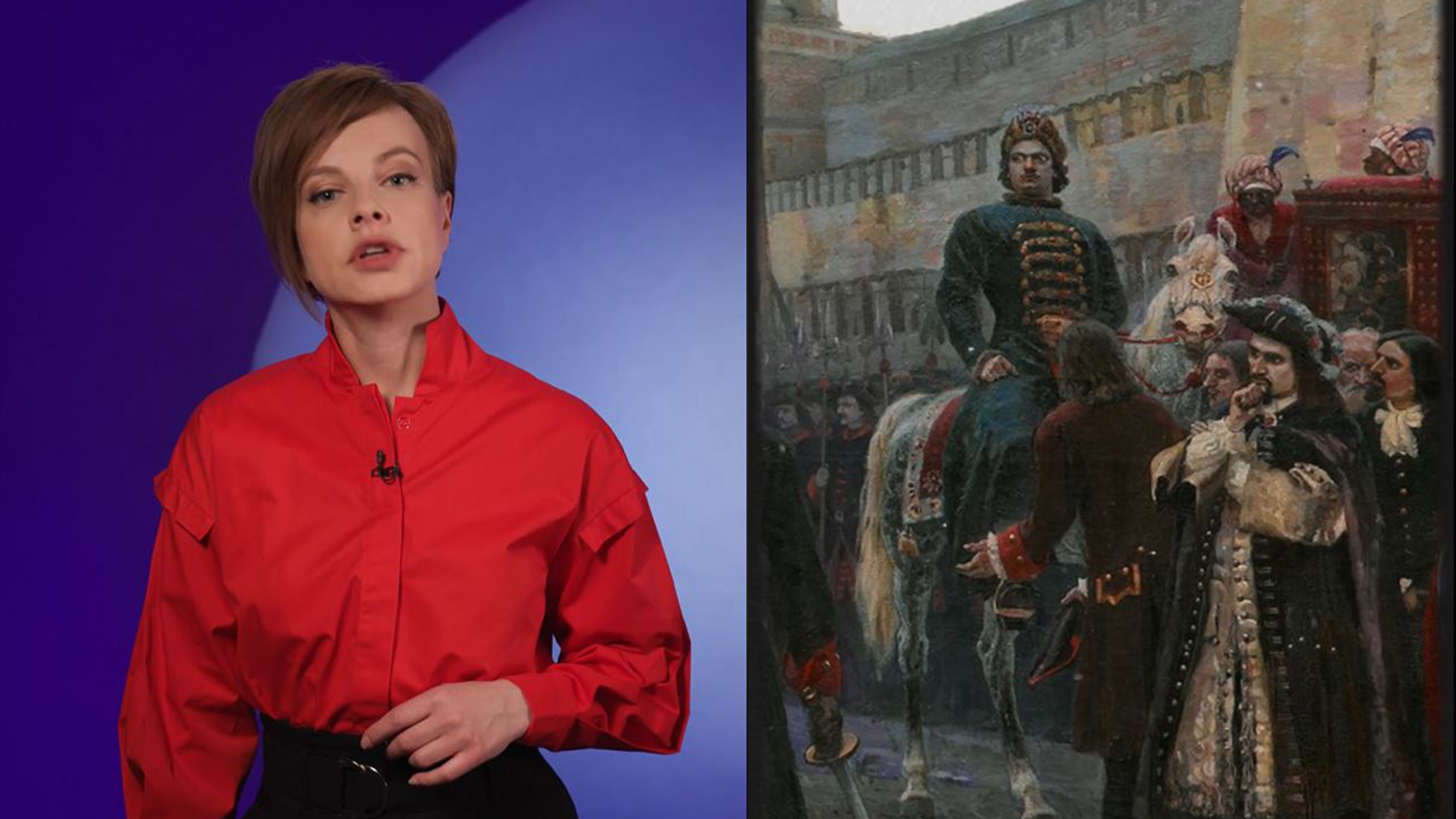
Why was the Red Army issuing 100 grams of vodka daily?
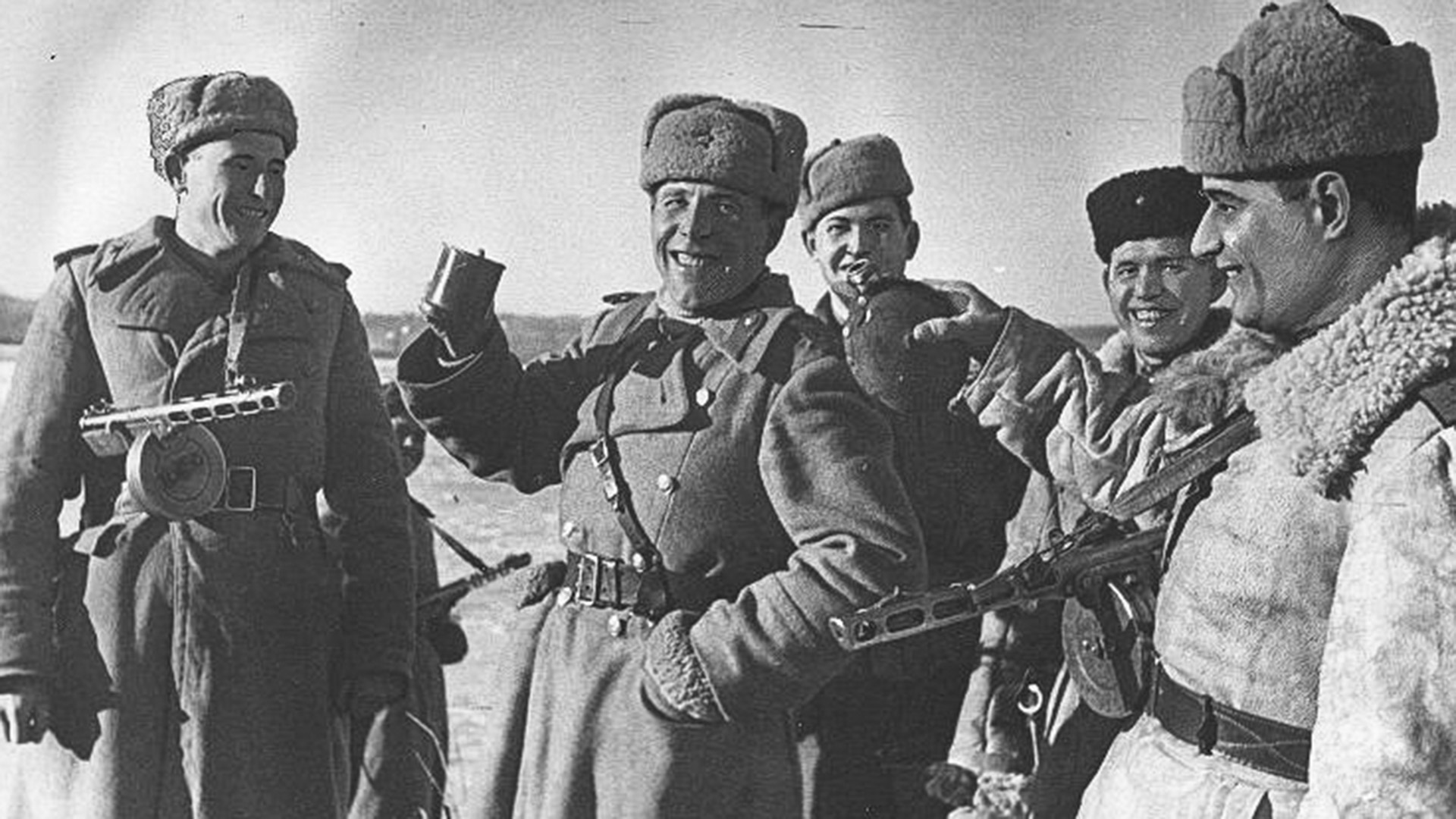
Alcohol for “courage” has been poured into Russian soldiers since ancient times. In the USSR, this practice was consolidated during the Winter War against Finland in 1939-1940.
People's Commissar of Defense Kliment Voroshilov then proposed issuing soldiers 100 grams of vodka and 50 grams of lard per day to keep warm in the harsh winter conditions.
That is how the famous “People's Commissar's 100 grams” appeared.

With the end of the war against the Finns, the issuance of alcohol to troops ceased, but in 1941 it was resumed again. By the decree of the State Defense Committee of August 22, soldiers on the front lines were supposed to receive 100 grams of vodka per day.
This was supposed to help the soldiers cope with enormous stress. In addition, strong alcohol quickly breaks down in the body, replenishing a significant amount of energy.
In some units, soldiers drank before the start of an attack, in others - after a tough battle, and to some regiments "fire water" was delivered extremely rarely.
"Without alcohol, it was impossible to defeat ... the frost. "Frontline 100 grams" became more expensive than shells and saved soldiers from frostbite, since they spent many nights in an open field on bare ground," recalled Senior Lieutenant Fyodor Ilchenko.
"I recall vodka being issued only before an attack ... The young ones drank first. And then they climbed right under the bullets and died. Those who survived after several battles treated vodka with great caution," noted Private Alexander Grin'ko.
After the end of the Great Patriotic War, the practice was abolished.


